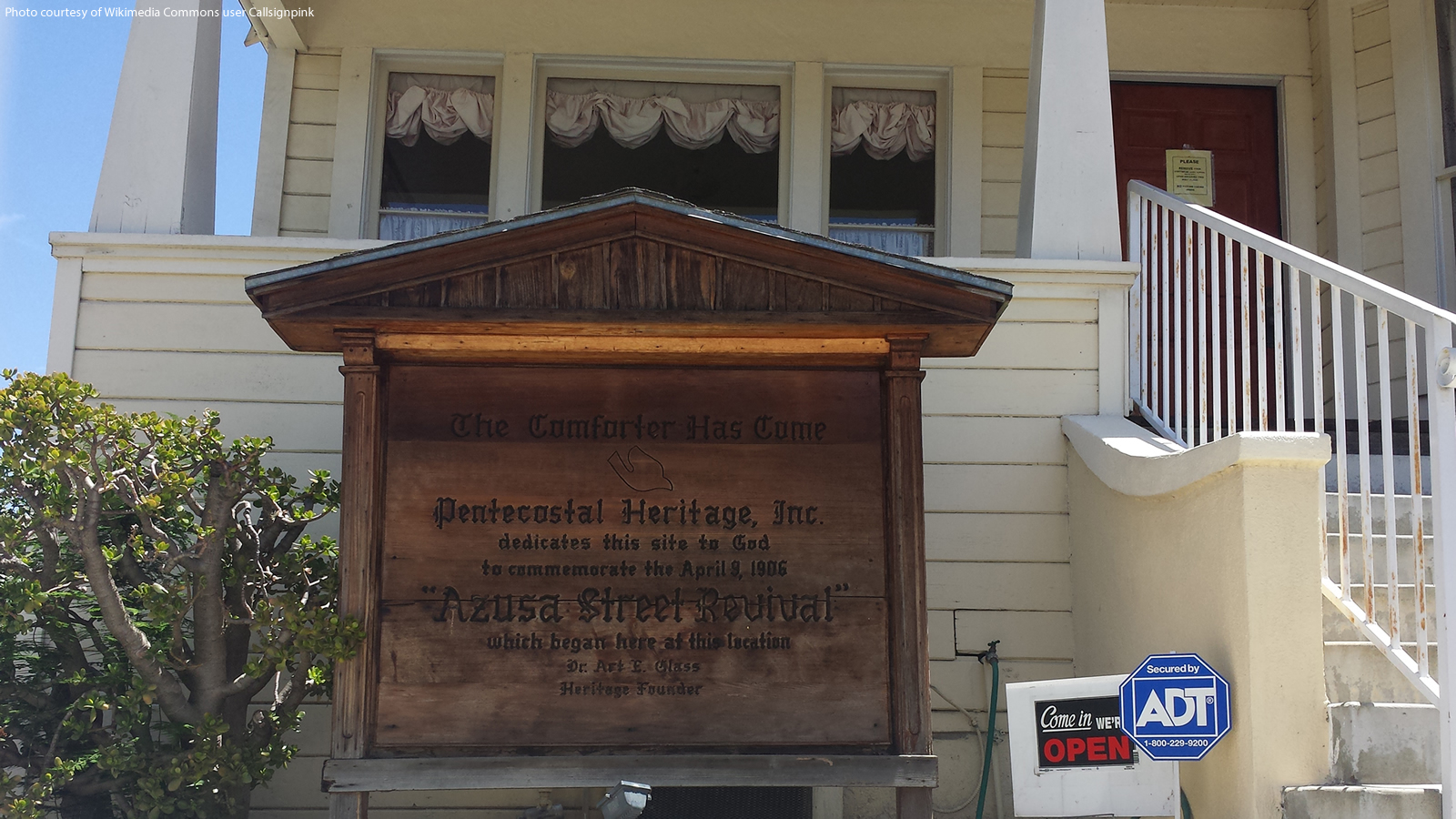The Political Imaginary of Azusa
A Religion, Culture, and Politics Workshop

Friday, September 28, 2018
12:00 p.m. - 1:30 p.m. EDT
Location:
New North Room 107 (Theology Department Conference Room) Map
The Azusa street revival of 1906, a revival out of which early Pentecostalism in North America was born, has received scant attention in the area of political theology. Azusa offers a different grammar of mobilization and insurgency from much of liberal theological and religious scholarship. Azusa did not work within the institutional logic of modernity, as Azusa thought twentieth century American institutions of white supremacy were irredeemable. Instead, it sought to destroy all symbols of social prestige associated with white supremacy. By destroying signs and symbols of white supremacy at the dawn of the twentieth century, Azusa can be read as attempting to destroy the marks of their own subalternity—semiotics which included white religion.
At this Religion, Culture, and Politics Workshop event, Keri Day, associate professor of constructive theology and African-American religion at Princeton Theological Seminary, discussed her paper focusing on three political signs and symbols associated with American racism that Azusa challenges: the practice of political consciousness, the citizen subject, and the idea of “the future.”

